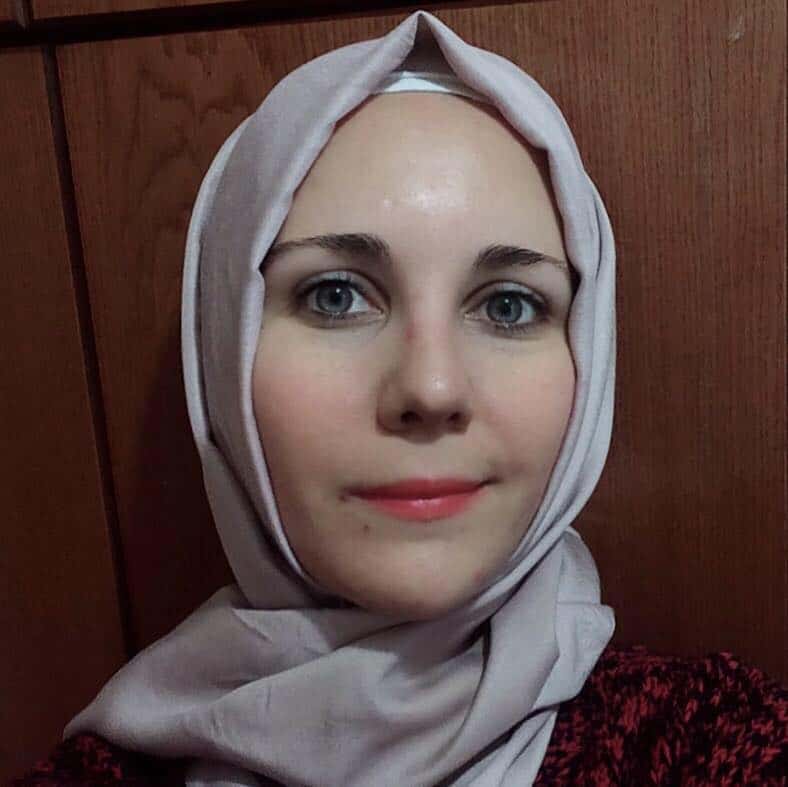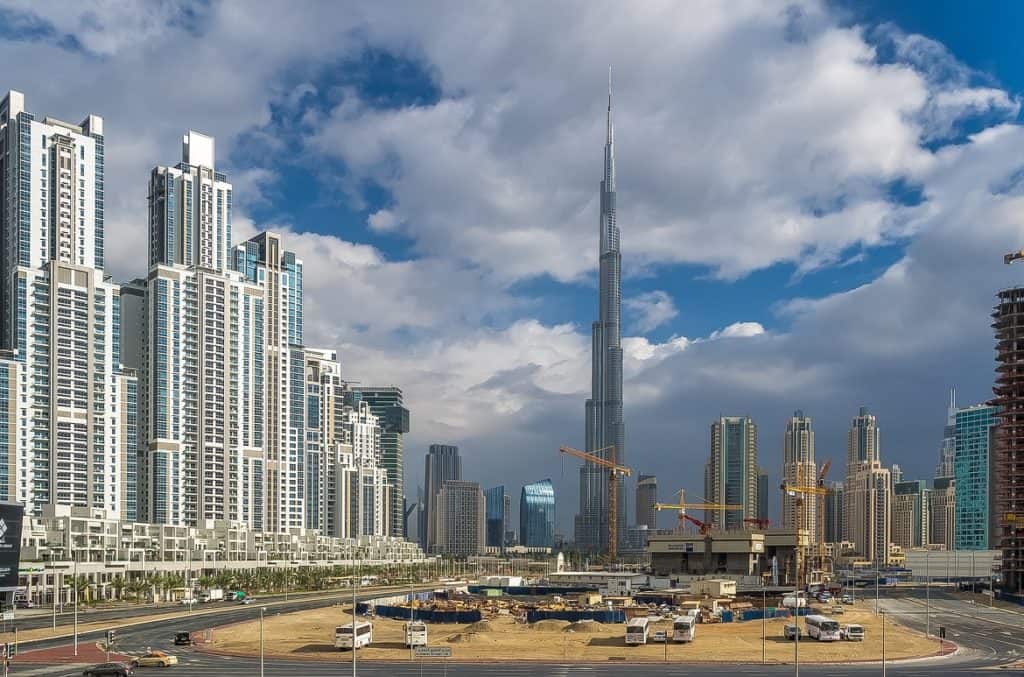Dr. Begüm Burak
This article is an attempt to discuss capitalism experiment in Gulf countries. The Middle Eastern countries in general and Gulf region in particular have their own unique practice with capitalism.

The countries such as Bahrain, Kuwait, Qatar, forming the Gulf Cooperation Council (GCC) hold huge family based business groups. This describes the capitalist class transforming into conglomerates in the Gulf region. The state in 1970s had a big role in the formation of classes in the region through nationalization policies.
What is Capitalism?
Capitalism emerged in the unique conditions in Western world. Capitalism can be defined as an economic system based on private ownership by the use of the means of production and their exploitation for profit. Capitalism emerged as a free market economic system in the 16th century. Central features of capitalism include private property, capital accumulation, wage labor, a price system, and competitive markets. In the capitalist market economy, decision-making and investment factors of production in the financial and capital markets are determined by their owners. Historically, it can be said that, the practice of capitalist economy was institutionalized in Europe between the 16th and 19th centuries, but some of its features can be found in the early forms of merchant capitalism emerged in the Middle Ages.
The Troubled Capitalism Experiment in Gulf Countries
Capitalism has currently caused social, economic and political inequalities in the Arab world. It has caused great social and political problems. In this respect, in 2011 Arab Spring broke out in the region.
It is known that, many European countries, which are mainly capitalist countries, are free to increase their welfare levels while advocating the abolition of borders, at the same time protecting their own interests. However, the Middle East, which is currently exploited with its underground resources experiences economic, political and military changes and transformations during the process. Arab Spring has been an important example in this regard.
It is to be noted that, there is a double influence of the state on class formation in the Gulf region. Oil revenues especially with the effect of nationalization efforts since the 1970s are the most important financial resources of the state and administrative sectors. These resources are being redirected to family-based groups. The formation of an indigenous capitalist class through circulation comes into being in such a manner.
According to Adam Hanieh who published a seminal book entitled “Money, Markets, and Monarchies: The Gulf Cooperation Council and the Political Economy of the Contemporary Middle East” Gulf region is a unique example in capitalist experiment in the Middle Eastern region. It is to be noted that, the states of the Gulf Cooperation Council (GCC), led by Saudi Arabia, the United Arab Emirates and Qatar, are playing an unprecedented role in shaping regional developments, largely on the basis of their financial clout.
Hanieh (2018) states that within the GCC nations the state plays a major role within the economy. The state boosts Gulf capitalism by passing repressive labor legislation steps. A small number of investment firms control a great deal of construction within the GCC countries. What makes construction companies so profitable is the large supply of cheap labor from South Asia. According to Hanieh (2018: 67) “…the Gulf state is — as in all capitalist societies — a class state, not a neutral or parasitic institution severed from the social relations of production and accumulation or one that ‘crowds out’ the private sector.”
Bahrain, United Arab Emirates, Qatar, Kuwait, Saudi Arabia and Oman as the member countries of the Gulf Cooperation Organization have authoritarian-repressive regimes that gained independence after World War II. The socio-political structures of the member states of the Gulf Cooperation Organization are explained by the term “rentier state” in the literature. The dominant factor in the formation of rentier structures in Middle Eastern countries is the dense presence of natural resources. Approximately 2/3 of the world oil reserves are located in the Middle East region.
In a nutshell, it can be said that, The Gulf region hosts problems of political participation and legal security as the biggest problems. These problems also cause economic crisis and a problematic capitalist network in the system. These problems cause decrease in economic competitiveness and this has become evident with the process of Arab Revolts.
Author: Begum Burak (Associate Researcher, IFEA)
(The opinions expressed in this article are solely those of the authors and do not necessarily reflect the views of World Geostrategic Insights))







